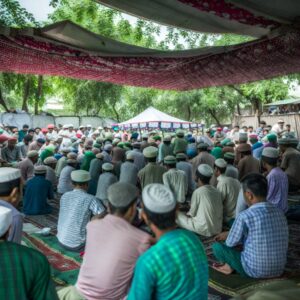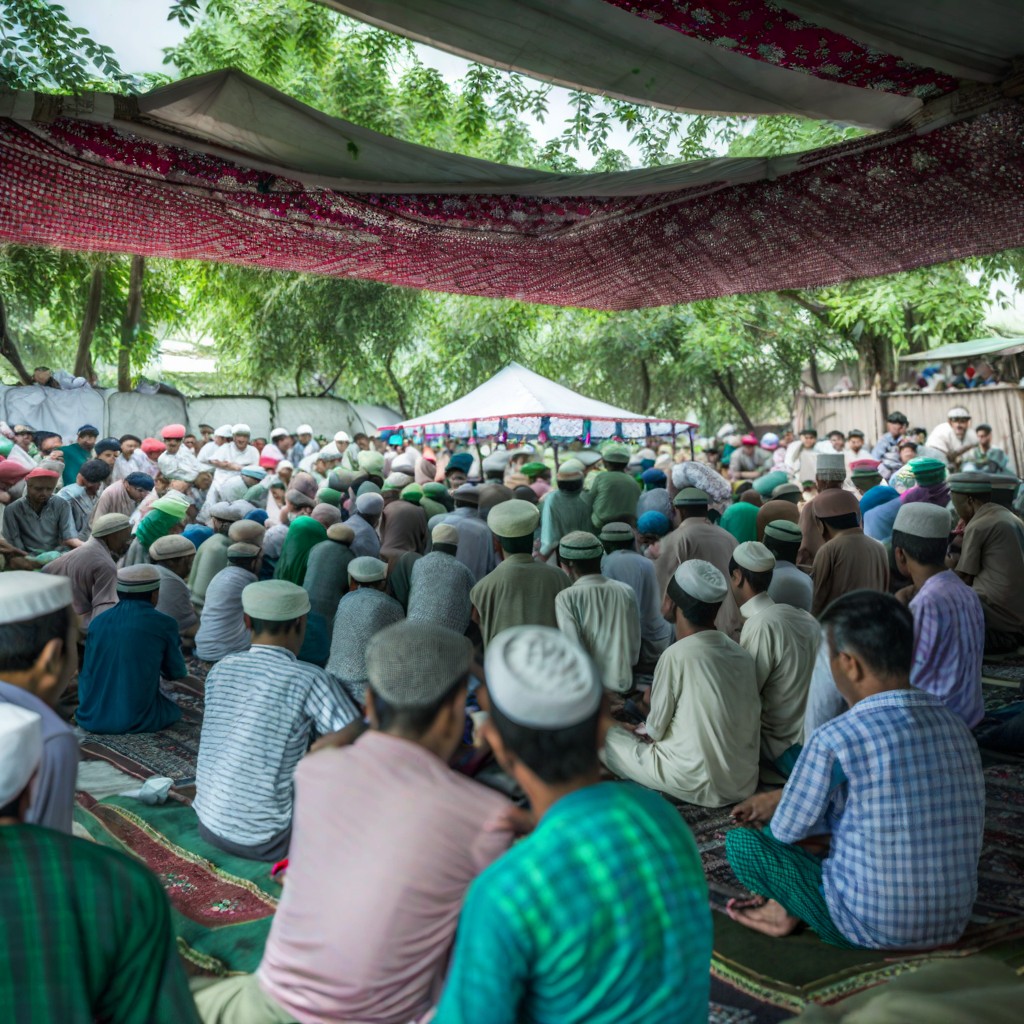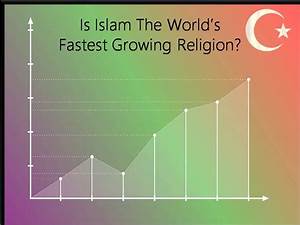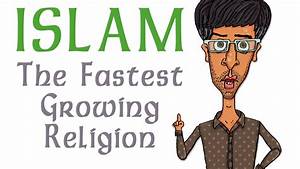Bangla Waz, a cherished tradition for generations, holds a unique place in the hearts of the Bangladeshi Muslim community. A “waz” refers to an Islamic sermon or discourse, typically delivered by a learned scholar and aimed at educating, inspiring, and fortifying the Islamic faith among listeners. These religious speeches, infused with lessons from the Quran, Hadith, and Islamic history, have been a profound medium for spreading Islamic teachings and connecting people with their faith.
But Bangla Waz is more than just a sermon. It is a cultural phenomenon deeply embedded in Bangladeshi society. Delivered in the native Bangla language, it resonates with people from all walks of life, simplifying complex religious concepts and creating a bridge between tradition and modernity.
This blog dives deep into the world of Bangla Waz, exploring its legacy, the key scholars who popularized it, the teachings it conveys, and the impact it has on societal and cultural life. Furthermore, you’ll learn how you can access Bangla Waz online, ensuring that this timeless tradition continues to inspire in today’s digital age.
Eminent Bangladeshi Islamic Scholars Shaping Bangla Waz
Over the years, several renowned Islamic scholars have taken on the vital role of propagating Islamic knowledge and ethics through Bangla Waz. These individuals not only specialize in Islamic jurisprudence but also excel in effectively connecting with audiences through their eloquence, wisdom, and relatability.
Abdullah Jahangir
Abdullah Jahangir was a revered scholar known for his deep understanding of Islamic theology and philosophy. His Bangla Waz sessions were rich in intellectual depth, yet accessible for the common listener. With topics ranging from moral conduct to strengthening one’s spirituality, Jahangir urged his audiences to align their actions with Islamic principles. His ability to explain complex theological matters with simplicity made his sermons both engaging and enlightening.
Abdur Razzak
Abdur Razzak is another prominent figure whose impact on Bangla Waz cannot be overstated. His discourses often focus on societal values, justice, and personal accountability in light of Islamic teachings. With a captivating style, Razzak addresses contemporary issues, showing how timeless Islamic principles can provide solutions to modern social challenges.
Motiur Rahman
Motiur Rahman is widely regarded for his heartfelt delivery and relatable teachings from the Quran and Hadith. His Bangla Waz often touches on day-to-day challenges faced by the Bangladeshi community, offering advice on maintaining faith amidst adversity. Rahman’s soothing tone and genuine concern for the well-being of his listeners have earned him a loyal following.
Dr. Zakaria
Dr. Zakaria is an authoritative voice in Bangladeshi Islamic scholarship. An academic with substantial contributions to Islamic literature, his Bangla Waz reflects a scholarly depth that encourages reflection and intellectual growth. Zakaria’s sermons often emphasize Islamic ethics, the importance of education, and the significance of appreciating Allah’s creation.
Ahmadullah
Known for his charismatic presence, Ahmadullah excels in delivering thought-provoking and spiritually uplifting sermons. His Bangla Waz often addresses moral dilemmas, ethical behavior, and family values. Ahmadullah’s dynamic delivery has positioned him as one of the most influential Islamic scholars in recent times, especially among the younger generation.
Mizanur Rahman
Mizanur Rahman’s pragmatic approach to Islamic teachings is what sets him apart. His Bangla Waz combines scriptural insights with practical advice, ensuring that his audience can easily relate Islamic teachings to their daily lives. Rahman often discusses the challenges of maintaining an Islamic identity in a rapidly changing world, making his sermons especially relevant today.
Imam Hossain
Imam Hossain is widely recognized for his deep spiritual knowledge and heartfelt delivery. His sermons often center on the virtues of prayer, the significance of repentance, and the importance of community cohesion. Imam Hossain’s ability to inspire hope and faith through his Bangla Waz is a testament to his spiritual insight and eloquence.
Key Themes and Teachings in Bangla Waz
Bangla Waz encompasses a wide array of themes, all deeply rooted in Islamic teachings. Here are some key topics commonly addressed by Islamic scholars in their sermons:
- Strengthening Iman (Faith): Many sermons focus on reinforcing faith in Allah and adherence to the Five Pillars of Islam.
- Moral and Ethical Conduct: Topics include honesty, humility, patience, and justice, urging listeners to embody Islamic virtues in their daily lives.
- Family and Social Values: Scholars often emphasize the significance of family relationships, marital harmony, and communal unity.
- Guidance for Youth: Recognizing the challenges faced by the younger generation, Bangla Waz frequently inspires youth to avoid worldly distractions and stay true to Islamic principles.
- Importance of Education: Sermons often highlight the necessity of both secular and religious education to foster a well-rounded individual.
- Repentance and Forgiveness: Themes of Tawbah (repentance) and Rahmah (mercy) are explored, encouraging individuals to seek forgiveness from Allah and forgive others.
- Social Justice and Responsibility: Many scholars address socio-economic issues, advocating for justice, charity, and the fair treatment of all community members.
The Impact of Bangla Waz on Society and Culture
The influence of Bangla Waz extends far beyond spiritual matters, deeply shaping Bangladeshi society and culture.
Strengthening Community Bonds
Bangla Waz gatherings, whether in mosques, open fields, or virtual spaces, bring together individuals from various backgrounds. These congregations foster a sense of unity and shared purpose, reminding everyone of the collective responsibility to uphold Islamic values.
Addressing Social Issues
Many Bangla Waz sessions tackle pressing societal challenges such as corruption, poverty, domestic violence, and moral decay. By offering guidance grounded in Islamic teachings, scholars inspire listeners to take proactive steps toward positive societal change.
Preserving Tradition
Delivered in the native Bangla language, Bangla Waz preserves the cultural heritage of Bangladesh while making Islamic teachings accessible to all. This blend of tradition and faith ensures the continuation of both religious and cultural identity.
How to Access and Listen to Bangla Waz Online
With the rise of digital platforms, accessing Bangla Waz has never been easier. Here’s how you can tune in to these inspiring sermons online:
- YouTube Channels: Many scholars, such as Ahmadullah and Mizanur Rahman, have dedicated YouTube channels where you can find their latest sermons.
- Social Media: Follow popular scholars on Facebook and Instagram for live sessions, clips, and event updates.
- Islamic Websites: Platforms like IslamicFinder and other Bangla Islamic sites host collections of Bangla Waz, available for streaming and download.
- Mobile Apps: Apps like Muslim Pro and others cater to the Bangladeshi audience, offering audio and video recordings of Bangla Waz.
- Streaming Services: Explore Islamic content on platforms like SoundCloud, Spotify, and other podcast services that host Bangla Waz recordings.
Bangla Waz Connecting Tradition and Faith
The enduring relevance of Bangla Waz lies in its ability to connect tradition with faith. Through the wisdom and eloquence of scholars like Abdullah Jahangir and Ahmadullah, these sermons continue to educate, inspire, and unite communities.
Whether addressing contemporary challenges or timeless spiritual truths, Bangla Waz remains a pillar of guidance and solace for millions. Its ability to adapt to modern technology ensures that its profound impact extends for generations to come.
Are you ready to explore the timeless wisdom and spiritual upliftment offered by Bangla Waz? Start by streaming a sermon today, and reconnect with the rich heritage of faith and culture that shapes Bangladesh.







